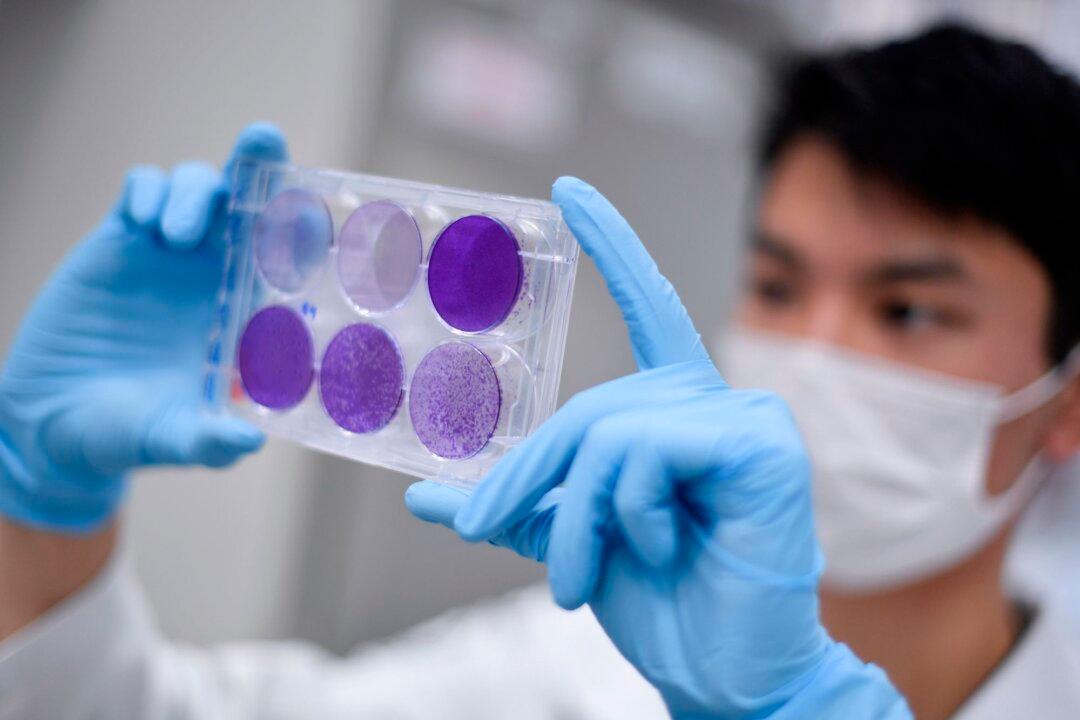The National Institutes of Health (NIH) said a medical facility in Georgia would be added to the agency’s clinical trial of a vaccine for COVID-19, the disease the CCP virus, commonly known as the novel coronavirus, causes.
The Epoch Times refers to the novel coronavirus, which originated in Wuhan, as the CCP virus because the Chinese Communist Party’s coverup and mismanagement allowed the virus to spread throughout China before it was transmitted worldwide.






